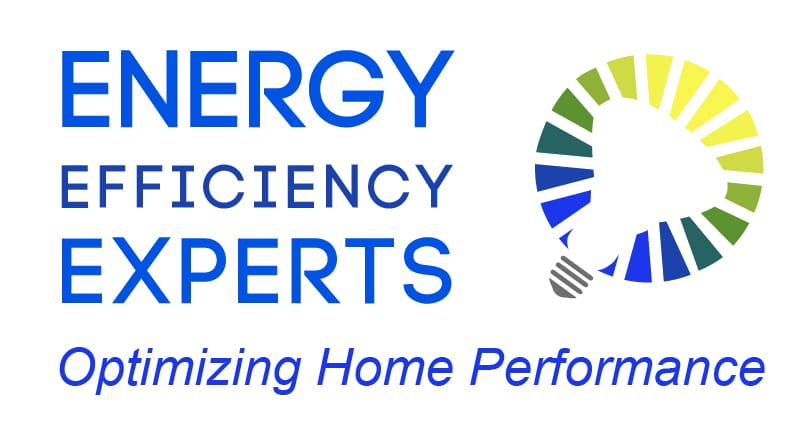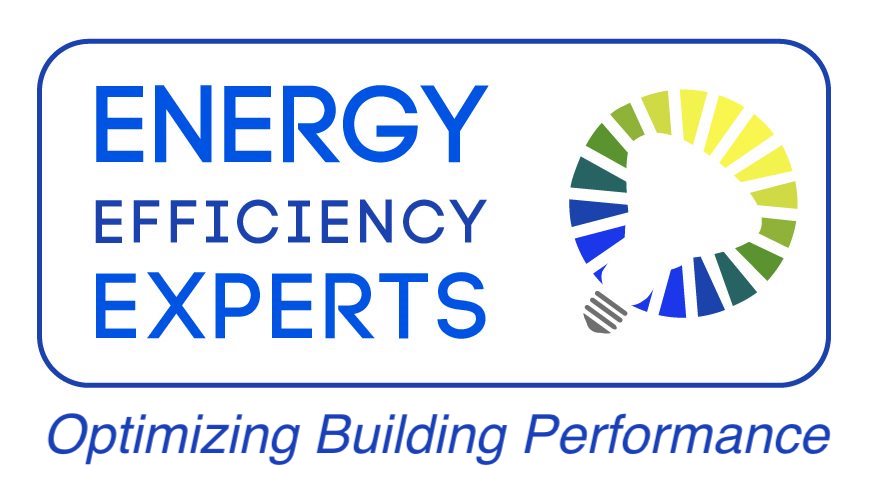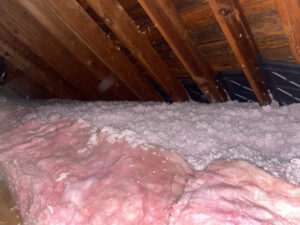The pandemic has been a disrupted markets and industries throughout the global economy causing job loss, food shortages, and even increases in homelessness. The pandemic has also completely changed where and how we work. This has shifted where employees are using energy to work. Researchers from Columbia university have found that residential power consumption in New York has increased 4-7%. Californias utilities commission has also reported a 20% increase in residential energy use.
So what does this mean for the people that are now working from home? You can expect increases to your utility bills due to the added cost of heating and cooling your home through out the day while also footing the bill for the increased electricity use from using technology that is associated with working from home. The National Bureau of Economic Research found that remote workers on average have seen a $40-50 increase in their monthly energy costs.
While movements for employer reimbursement of additional costs associated with working from home exist, it is unlikely that your boss is going to start chipping in for your utility bills. This means saving on energy costs is left to the homeowner. A great place to start would be making sure you have energy star appliances, LED lighting, programmable thermostats, and air sealed windows and doors.
Ensuring your home is not creating additional energy costs due to ineffective ventilation and air sealing is also an area that can help decrease energy costs. A residential energy audit can help consumers create a more energy efficient home. An energy audit looks at your whole house as a system and finds the shortcomings in areas that are costing you energy. Theses areas could be: insulation, air sealing, ventilation, lighting, appliances, heating and cooling, and even outdated technology. If you are working from home and are noticing discomfort in terms of heating and cool and significant increases to your energy bills, consider scheduling an energy audit with Energy Efficiency Experts.






